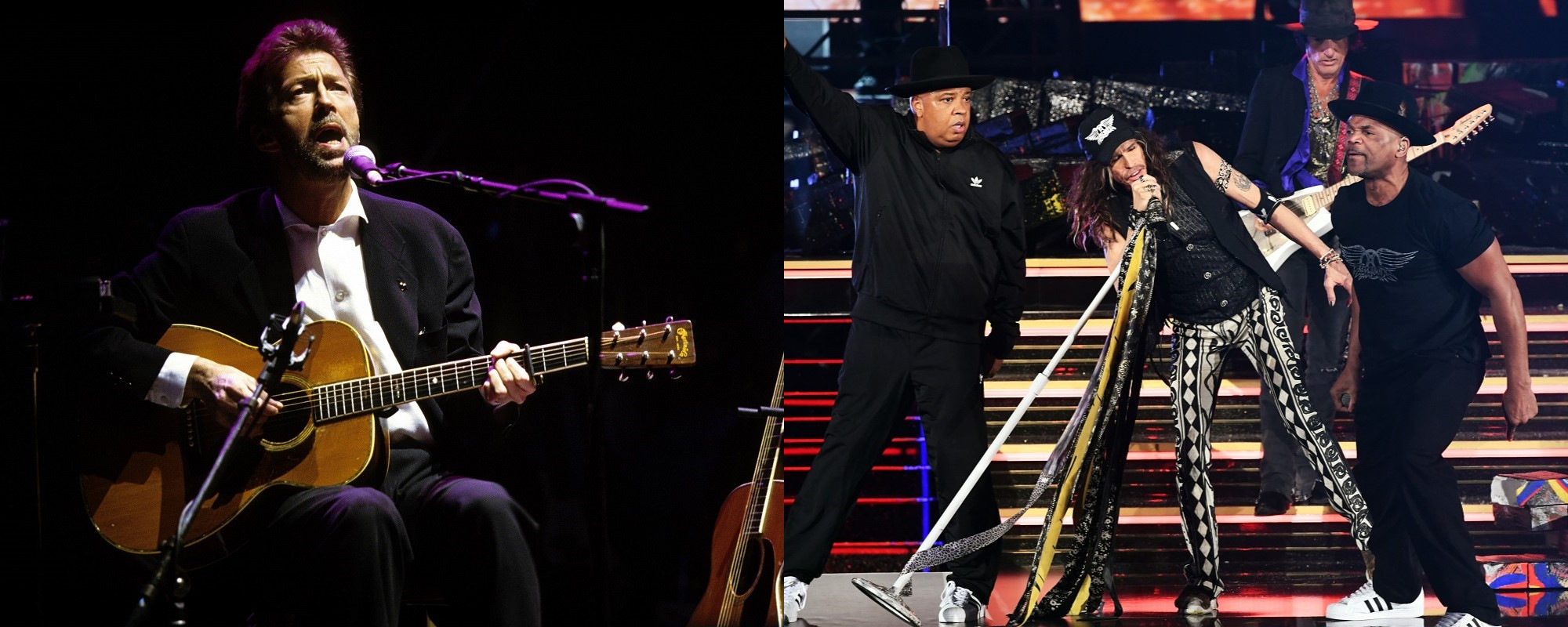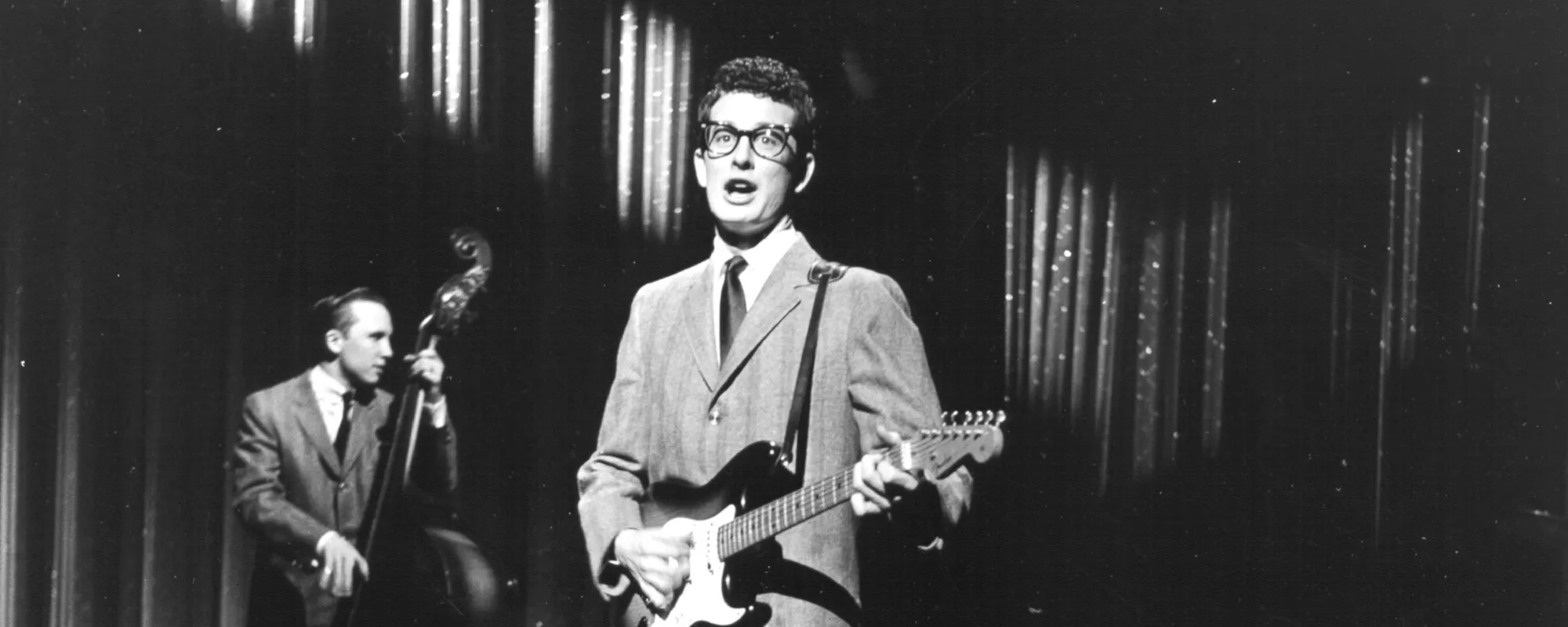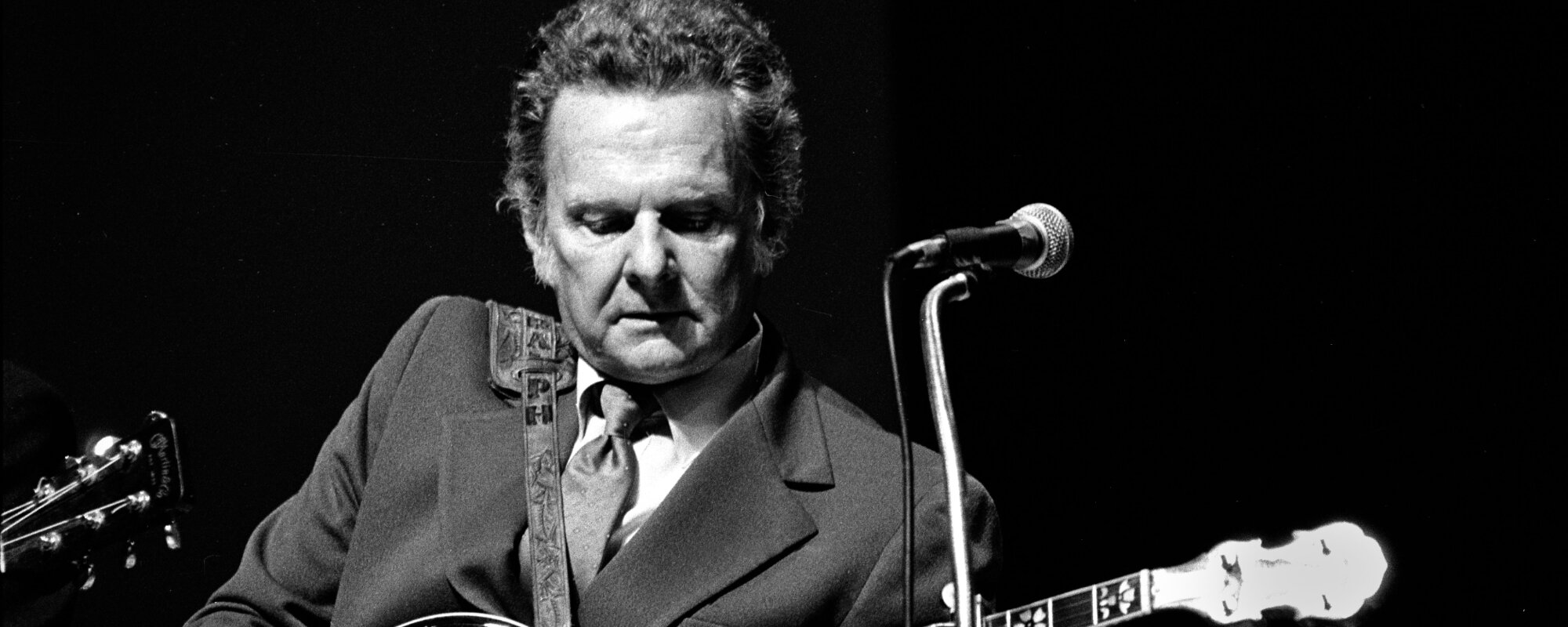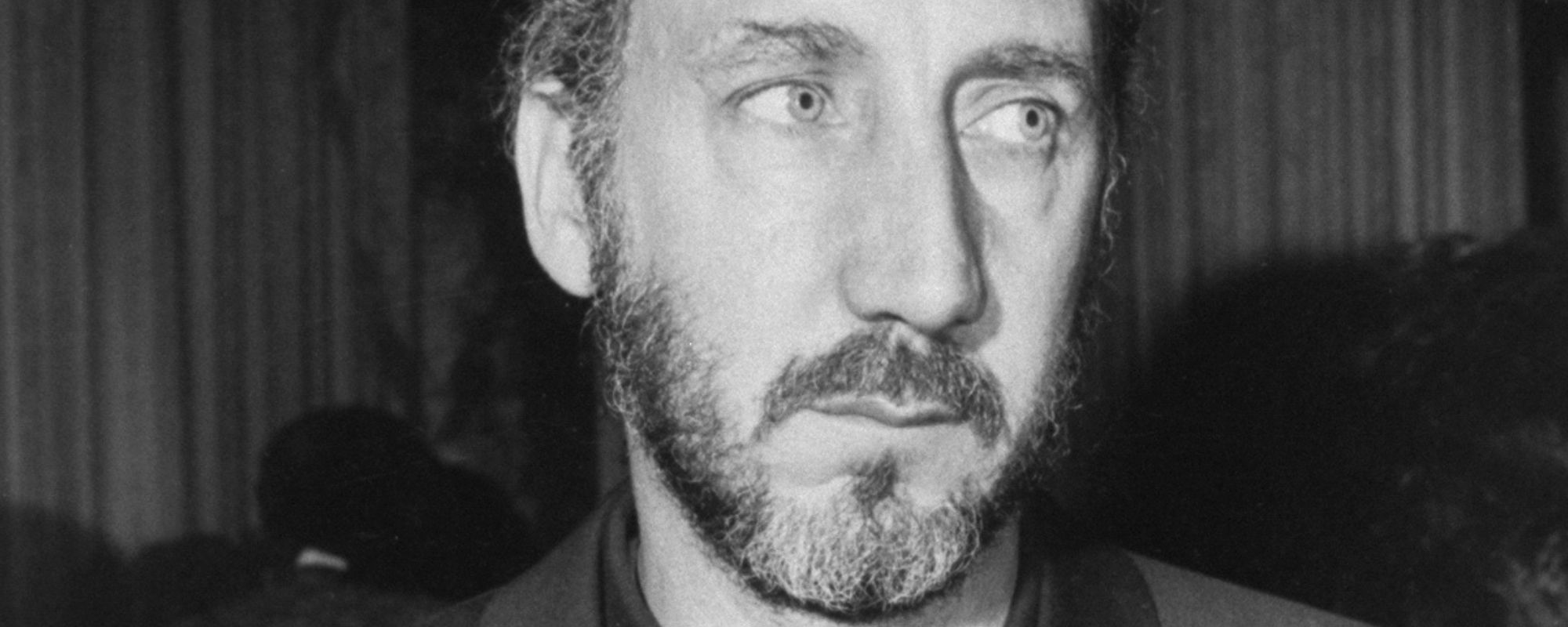David Allan Coe is one of the most intriguing and polarizing figures to ever grace the country music industry. He’s colorful, and he didn’t just preach that color; he lived it. Many country musicians have phenomenal underdog come-up stories. However, they can tend to get a little cliché and redundant. Though that is not the case for Mr. David Allan Coe, as his come-up story is completely unique.
Videos by American Songwriter
Before Coe became a version of country music’s black sheep, he was a troubled child and went on to have a tempestuous life with the law. Specifically, David Allan Coe spent time in facilities and prisons from the age of nine to around his late 20s. Coe finished up his last stint of prison time in 1967. Subsequently, he moved to Nashville full-time in hopes of the very thing every Nashville dreamer hopes for: a career in the music business.
David Allan Coe’s Morbid Home and Stage
David Allan Coe’s splash into Nashville was not orthodox whatsoever. Was he a busker, yes, but he didn’t mainly stand on street corners or book gigs at dive bars. Rather, he performed on top of his home, which was a Cadillac hearse painted red, white, and blue that had the words “Support the Grand Ole’ Opry” painted on the back.
Needless to say, that vehicle itself makes quite an impression. However, Coe made even more of an impression when he’d park the hearse outside of the Ryman Auditorium (the original Grand Ole Opry), get on top of it, and entertain the innocent bystanders who walked by.
A man playing guitar on top of a hearse is a memorable image. Thanks to this striking act and talent, Coe signed his first-ever record deal with Shelby Singleton’s Plantation Records. Following his signing, Coe went on to release Penitentiary Blues and Requiem for a Harlequin. After the success of those albums and Tanya Tucker’s success with a cover of Coe’s “Would You Lay With Me (In a Field of Stone)”, Coe was signed by Columbia Records in 1973.
David Allan Coe went on to have an incredibly memorable career after his 1973 signing. He is a legend in the outlaw country movement, but given his fiery personality, he was and still hasn’t been heavily recognized by Nashville’s most notable country music institutions. Despite the words on the back of his hearse, Coe is not a member of the Grand Ole Opry. Nevertheless, he made his impact on the field in his own way.
Photo by David Redfern/Redferns












Leave a Reply
Only members can comment. Become a member. Already a member? Log in.